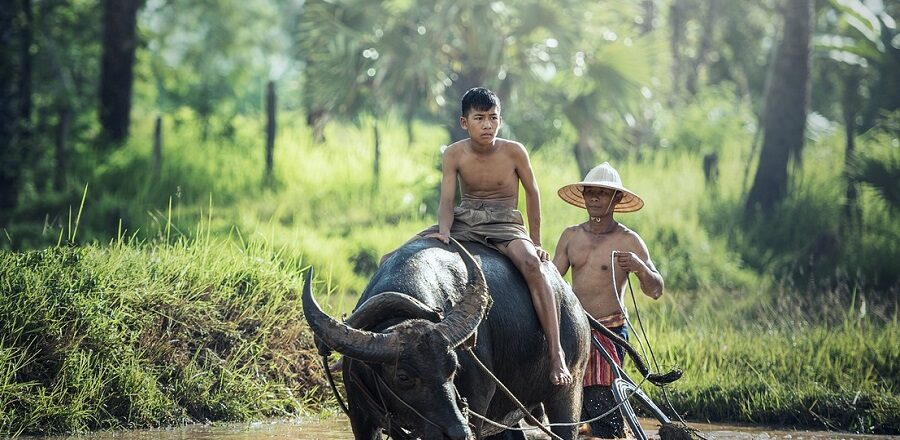
Nourishing Europe: The Importance of Animal Proteins
Carni Sostenibili signs the appeal of the European livestock and agri-food chains to the EU institutions. The document, signed by 125 associations, calls for a balanced food strategy based on scientific evidence.
Carni Sostenibili and 124 other European organisations representing the livestock and agri-food supply chains support and sign the appeal “Nourishing Europe: the importance of animal proteins” sent to the European Union institutions. The document focuses on the need for a balanced food strategy that recognises the essential role of livestock and animal proteins for food security and European agriculture.
European agriculture is a model of efficiency and sustainability based on crop and livestock production integration. However, the appeal highlights how an unbalanced approach favouring only plant proteins risks jeopardising food security, public health and rural areas’ economic and social stability. Meat, milk and eggs are important sources of nutrients whose value must be recognised and protected by food policies based on scientific data. A drastic reduction in these foods, without a proper assessment of the consequences, could exacerbate malnutrition, particularly affecting children, the elderly and people with special nutritional needs.
Why we need to protect European livestock farms
In economic terms, abandoning livestock farming would threaten the balance of rural areas, where livestock farming is a pillar of production and employment. Not to mention that European livestock farmers, who for years have been committed to innovative and increasingly sustainable practices, would risk seeing their efforts undone. Furthermore, a decline in domestic production would lead to increased imports of animal products from countries where environmental and animal welfare standards are often lower than in Europe, paradoxically increasing the overall environmental footprint.
The appeal does not neglect the environmental aspect either, as livestock farming plays a key role in the sustainability of agriculture. Livestock farming contributes to maintaining soil fertility, preserving biodiversity and protecting rural landscapes. Scientific data show that innovative and precision farming practices significantly reduce the environmental impact of the livestock sector. It is therefore essential to move beyond ideological approaches and adopt a vision based on a complete analysis of the entire food production life cycle.
It is necessary to develop a balanced food strategy based on scientific data
At the heart of the document is a request from Europe’s livestock sectors to the EU institutions to develop a balanced food strategy based on scientific data that enhances livestock’s contribution to food security and sustainability. The organisations ask that environmental assessments be objective and recognise the benefits of a well-managed livestock sector. Similarly, food policy must be based on scientific evidence and avoid decisions that could unfairly penalise a strategic sector for Europe.
“We call on the European Commission to move beyond ideological approaches and adopt science-based policies to ensure a sustainable, competitive and safe agri-food system for all European citizens,” the signatories of the appeal say, including Carni Sostenibili: “Only a diversified and resilient agriculture, capable of enhancing the synergies between livestock and crops, will be able to guarantee food security, environmental protection and prosperity for rural communities in the long term.
“Participating and supporting the appeal of the associations of the European livestock and food supply chain is a natural step for our association”, the President of Carni Sostenibili, Giuseppe Pulina, says: “Through our work, we have always wanted to demonstrate the will of our sector to be part of the solution to the great challenges of our time, first and foremost that of food security. Today, more than ever, there is a need for a strategic reflection on Europe’s ability to be self-sufficient in terms of food and to limit its dependence on foreign countries, an objective that can be achieved by supporting the livestock and agri-food sectors, promoting their differentiation and supporting their sustainable development.”





